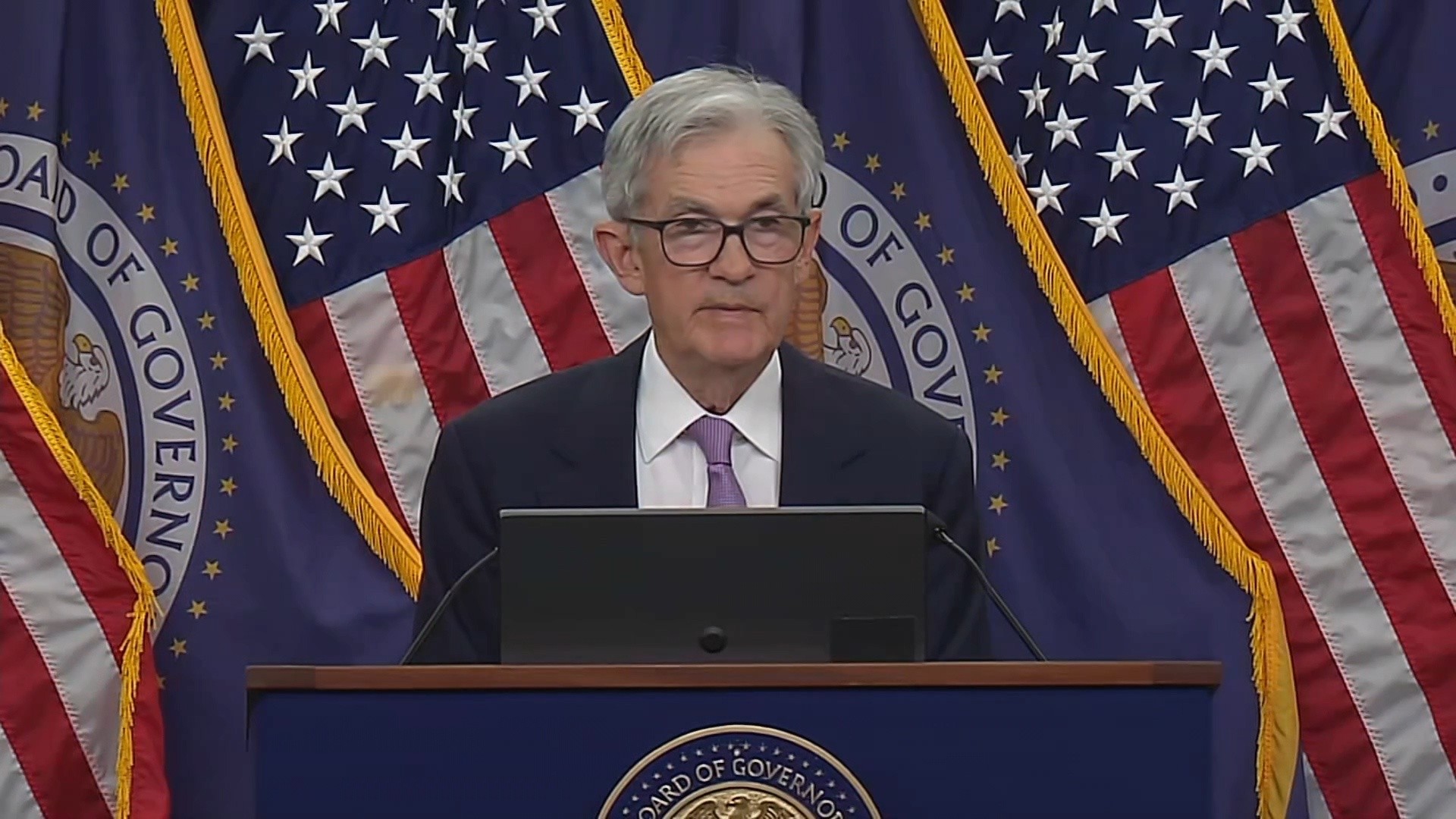Lee la historia en español aquí.
The pain at the pump in the Philadelphia region has hit a milestone with $5 per a gallon of regular gasoline at several city gas stations as the average price hits record highs throughout the Delaware Valley and country.
As of Wednesday morning, a Gulf gas station at 22nd and Spring Garden streets in Philadelphia displayed a price of $5.24 per a gallon of regular. Other stations in the city also had prices north of $5 per gallon.
Gas prices have continued to shoot up in Pennsylvania, New Jersey, Delaware and around the nation amid increasing demand and rising oil prices.
Get top local stories in Philly delivered to you every morning. Sign up for NBC Philadelphia's News Headlines newsletter.
On Wednesday, the average price per a gallon had hit a record in the five-county Philly region ($4.86), South Jersey ($4.68), northern Delaware ($4.59) Pennsylvania ($4.74), New Jersey ($4.72), Delaware ($4.56) and nationwide ($4.56), according to data released by AAA Mid-Atlantic.
In the Philly region, the price was up about $1.60 from a year earlier and about 73 cents over the past month, according to AAA. It had gone up about 10 cents overnight Tuesday into Wednesday and around 21 cents over the past week.
In the area around Center City you could find prices above $5 per gallon for regular.
Business
"If it continues at this rate, I'm definitely worried about it... it takes a toll," Drexel University student Benjamin Mellema said after spending about $75 to fill up the tank of his sedan early Wednesday at the Philly station charging $5.24. "And, as a college student I don't make that much money."
CNBC reports that U.S. households are now spending the equivalent of $5,000 a year on gasoline, up from $2,800 a year ago, according to Yardeni Research.
The war in Ukraine has led the United States and other countries to stop taking in Russian oil. Plus, increased demand is a factor in the pain at the pump, analysts said, along with use of more expensive summer blend gasoline (which has a lower volatility to limit evaporative emissions that normally increase with warm weather.)



